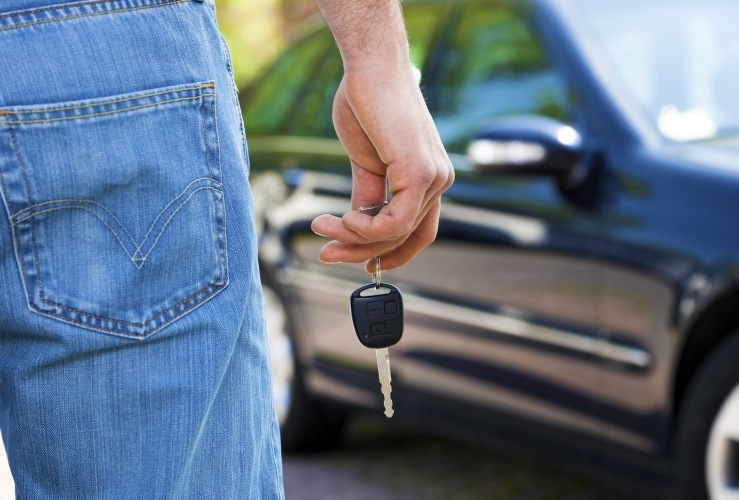
Choosing a used car rather than a brand new one could mean you can purchase your dream motor without parting with a small fortune. You can also avoid your car losing value, as most new vehicles shed around 40 per cent as soon as they leave the garage forecourt.
However, you must put plenty of time and effort into finding the right pre-owned car to ensure the deal isn't too good to be true and you end up with a banger rather than your ideal motor.
Here is a guide to help you when searching for a quality used car.
Budget
The first step in purchasing a car, whether brand new or secondhand, is to find out how much you can afford to spend and ensure you stick to this budget no matter how attractive an offer an owner or garage puts to you.
When figuring out how much cash you have to play with, you must work out how much your current motor is worth and decide how you will sell it, for example, privately or via part-exchange. Also, factor in whether you'll need to take out a loan or finance agreement to pay for the car.
Your budget must include the costs of driving the vehicle as well, such as insurance, road tax and fuel.
The right car
Knowing how much you have to spend will help you narrow down the types of car you will be able to afford and, more importantly, what you can't.
To help you decide what type of motor to invest in, spend some time thinking about what you will need the car for, such as commuting, taking children to school or just for weekends, how many passengers you will carry regularly and the cost of maintenance.
You may be attracted to a sleek sports car, but if you have a large family it will not be fit for purpose.
Contacting sellers
After spending some time searching online or in local classifieds, you may have found a handful of cars that you really like the look of and want to see them in the flesh. To do this, you will need to contact the seller to arrange a viewing and ask any questions you may have. In turn, they will have a lot of valuable information to impart about the motor that is unlikely to be in the listing you've come across.
Arrange to view the car at either the seller's home address or the garage, depending on who you're buying from, and ensure this is done during the day so as to make it easier to inspect and spot any damage.
You'll need to enquire about the car itself, its past and condition. For example, has it been involved in an accident or failed an MOT? It's a good idea to note down any questions you have so you don't forget anything.
Inspection
You should thoroughly inspect the car when you view it, but, don't worry, you don't have to be a qualified mechanic to do this. There are a few golden rules that are simple to follow and should be done whenever you look at a potential purchase. Firstly, get a car history check to see if the motor has any outstanding finance, has been stolen or written off in the past.
Next, ask to see the car's documents, including logbook, service history and previous MOT certificates, which will help you to see if it has been clocked - the process of removing miles from a vehicle's milometer so it looks like it has been on the road less than it actually has.
Check the motor's vehicle identification number (VIN) - located at the base of the windscreen, under the bonnet and on the chassis under the carpet behind the driver's seat - to look out for any obvious signs of tampering and make sure they all match the VIN in the logbook.
Finally, park yourself in the driver's seat and make sure all the car's features work. By doing all of this, you will be able to determine that the sale is legal and above board, and that the car is as described in the advert.
If possible, take a test drive, which should ideally last for 15 minutes, to see how it feels on the road and to listen out for any creaks and groans that shouldn't be there.
The price
Sellers will expect you to make an offer that is below the asking price, so don't be afraid to haggle, but don't do it going in blind. You need to know what the market value is and keep your budget at the forefront of your mind before you make a bid.
Start low and let the seller take the price up rather than you and if they're not willing to take any money off, how about suggesting they pay for the road tax or sell it to you with a full tank of petrol?
Don't be pressured into paying more than you can afford - always remember there are other cars out there.
Thanks to our advice, Krystian Szastok (founder of NewTide Digital) saved £150 on his new used car.





